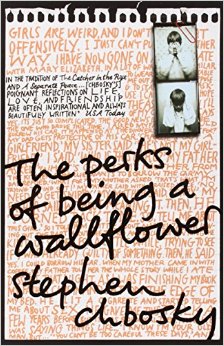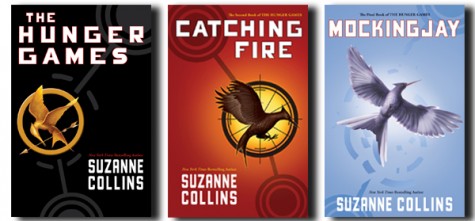Books should not be banned

The importance of reading is something you hear about all your life. No matter what the genre the book is, it carries a message, a lesson, an argument and knowledge that can shape a person’s outlook on life.
But with all the good books can do, there are many reasons as to why someone might find the subject, or some aspects, of the book offensive. This is understandable. People have their opinion of what’s right and what’s wrong. Parents are trying to protect their kids. But where is the line drawn?
Books such as The Perks of Being a Wallflower, Captain Underpants, The Hunger Games, Looking for Alaska, Twilight and many other books have been widely read, have at one point in time been banned. The most common reason that these books have been banned are because they allegedly contain sexually explicit material, offensive language, material that is unsuited to the age group, violence and homosexuality.
In one case in a California school district, the dictionary was banned because it contained the words “oral sex”, which some adults viewed as language that was suggestive and unsuited for the age group. And while I agree that the word may have been inappropriate for the elementary school kids, I must say that banning the dictionary was an extreme measure.
Many people who challenge a book are people who don’t take into account the time period it was written and what was going on within that time. The process of banning a book is tedious and there are many stages of review a book must go through in order to be banned. So it begs the question as to why any person would want to ban a book.
People should not be able to dictate what they deem appropriate for other people. There are obvious books that are not suitable for certain age groups, but if it just so happens that someone has an interest in a book that is not appropriate for their age group, they should not be denied the experience of reading it.


